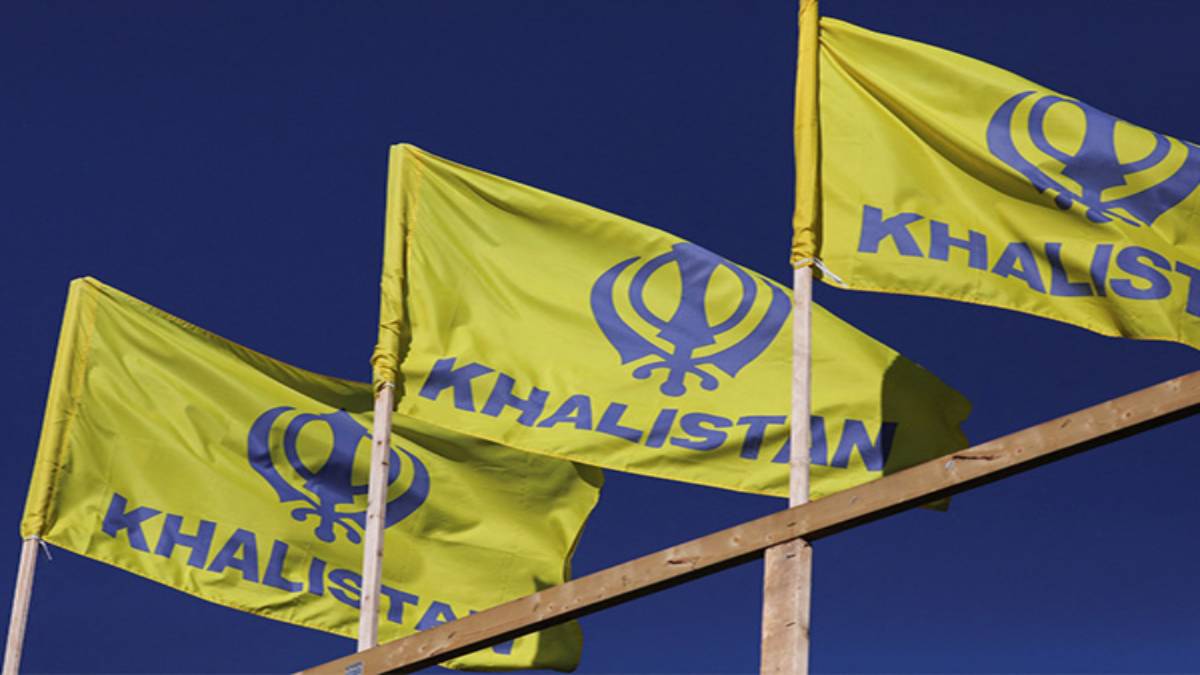In a first-of-its-kind official admission, the Canadian Security Intelligence Service (CSIS) has acknowledged that Khalistani extremists are operating from Canadian soil to promote, fund, and plan violence—primarily targeting India.
The revelation was made in CSIS’s annual report released on Wednesday, which highlighted a range of national security threats, including politically motivated violent extremism (PMVE). The agency specifically noted that Canada has become a base for a small group of Khalistani extremists who continue to advance separatist goals through fundraising and coordination of violence in India.
“Khalistani extremists continue to use Canada as a base for the promotion, fundraising or planning of violence primarily in India,” the report stated, adding that such activities also trigger Indian countermeasures, including foreign interference within Canada.
India has consistently raised alarms over the presence and activities of Khalistani elements in Canada for years, but Wednesday’s report marks the first time the Canadian intelligence agency has publicly acknowledged the threat. The admission effectively validates New Delhi’s long-standing concerns that Ottawa has previously been reluctant to address.
The CSIS report also stressed the need for “sustained vigilance” against foreign influence campaigns and extremist financing networks. It said India’s concerns are largely tied to both real and perceived Khalistani extremism in Canada, which continues to drive Indian foreign interference in Canadian domestic affairs.
This development comes just a day after Indian Prime Minister Narendra Modi and Canadian Prime Minister Mark Carney met on the sidelines of the G7 Summit in Alberta, where they agreed to take “calibrated steps” to stabilize bilateral relations. The two leaders decided to restore High Commissioners to each other’s capitals as part of a broader move toward normalization.
Despite diplomatic tensions, Carney defended his invitation to Modi to attend the G7 Summit, highlighting India’s status as the world’s most populous nation and fourth-largest economy. His decision, however, drew criticism from some Sikh advocacy groups and members of his own party.
The report’s release also reignites the controversy surrounding the 2023 killing of Khalistani extremist Hardeep Singh Nijjar in Surrey, British Columbia. Former Prime Minister Justin Trudeau had accused India of being involved in the assassination—an allegation India rejected as “absurd” and “motivated.”
In the aftermath of Trudeau’s claim, India recalled six diplomats after Canadian authorities reportedly designated them “persons of interest” in the Nijjar investigation. The CSIS report now links the incident to what it describes as a growing Indian crackdown on Khalistani separatism, stating, “Links between the Government of India and the Nijjar murder signal a significant escalation in India’s repression efforts against the Khalistan movement.”
While the Canadian government grapples with domestic criticism and diplomatic fallout, CSIS’s admission is expected to further strain Indo-Canadian relations and complicate efforts to re-establish mutual trust between the two democracies.





